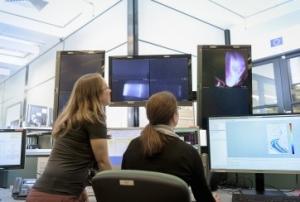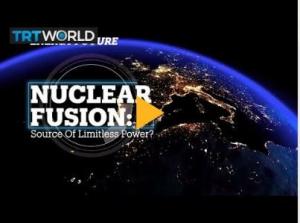What’s New
23 September 2019
ITER news digest for the period of 16 September 2019 to 23 September 2019.

"Miniature ITER" to run tritium experiments next year


Désolé, cette page n'existe pas en français.

